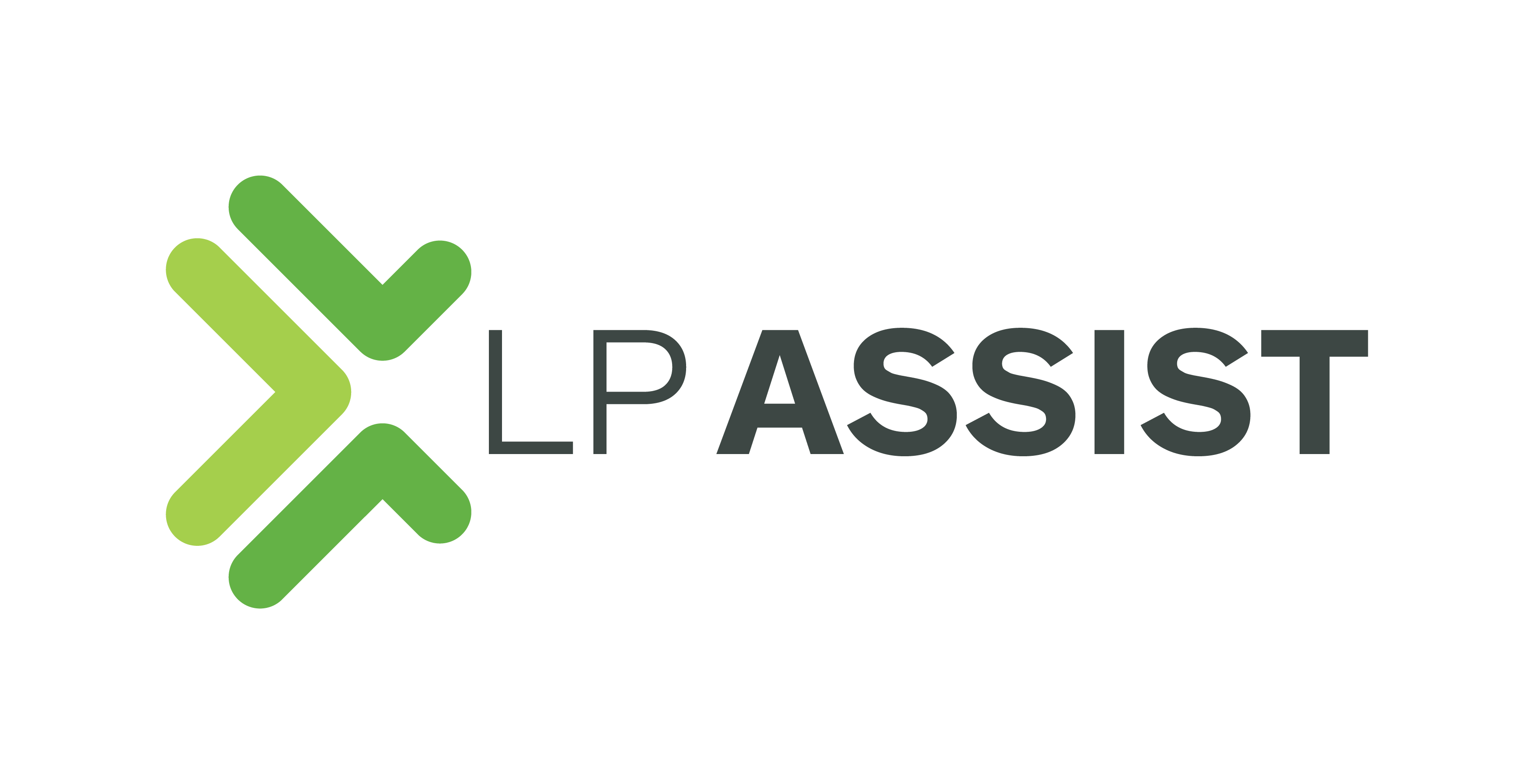Understanding a balance sheet is a skill that many business owners have not mastered. The numbers on the page, just do not seem to relate to day to day business operations or decisions. I think part of the reason why so few business owners have learnt this skill is because they only look at a balance sheet once a year while meeting with their accountant! By that stage, the information is old news – it could even be a year later!
So what is a balance sheet? A balance sheet, also known as the Statement of Position, is a report that is generated by your accounting system. This report shows you all of your business assets (such as equipment, cash, investments) and compares this to your liabilities (loans, credit cards, hire purchases etc.).
The difference between your assets and liabilities is known as equity. If your assets exceed your liabilities, this is good. It means if you were to stop your business right now, you would be able to sell all of your assets and pay all of your debts and still have a little bit left over to spend on whatever you please (this is your equity in the business)!
If your liabilities exceed your assets, then you may have some trouble paying your debts if you closed up shop today!
By understanding your balance sheet you can better understand how decisions will affect you in the future. If you invest in something today, how will you pay for this? What is the value of this asset in the long term? Will the future value of the asset exceed the debt? These are difficult questions to answer with confidence but our friends at Figured are working to make this easier!
Towards the end of January 2021 Figured released their new Statement of Position (SoP) feature. This feature integrates with Xero and updates your balance sheet based on live transactions. You can then add investments and their associated funding to highlight the impact (positive or negative) of these decisions.
Disclaimer – the balance sheet produced by your accountant at the end of each financial year will likely look different to the one produced by your accounting system. This is because the accountant makes all sorts of fancy accounting adjustments required by law. If you are concerned about the state of your balance sheet get in touch with us or talk to your accountant! It might not be as bad as you think!








